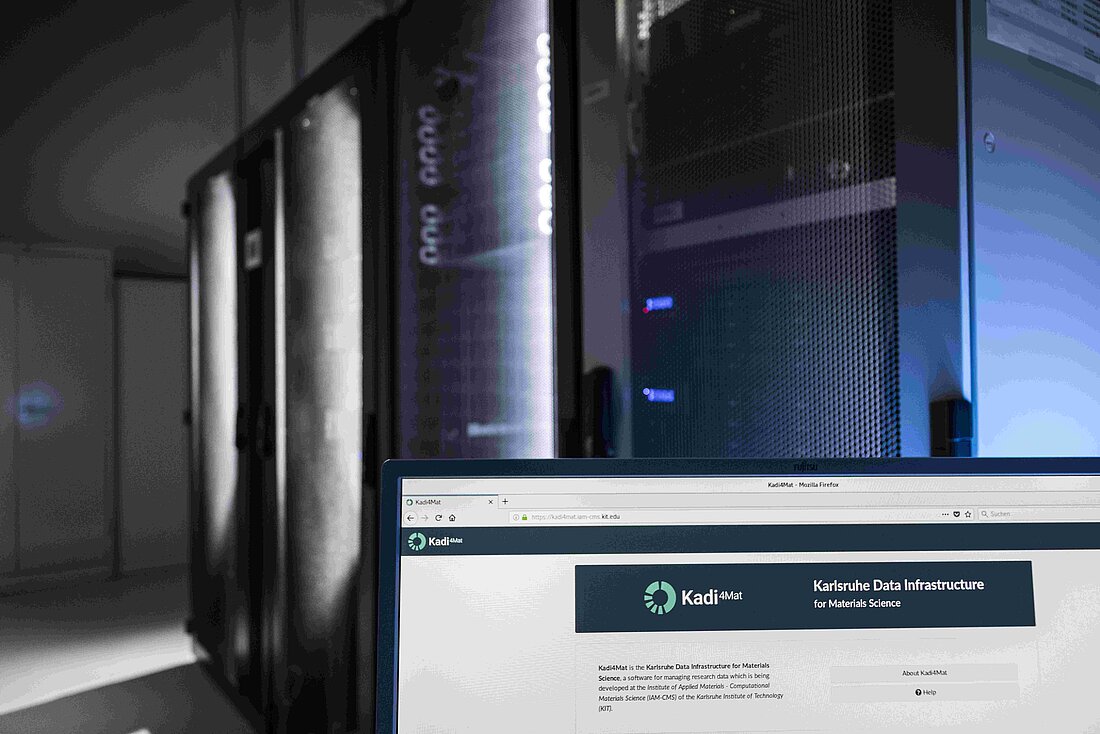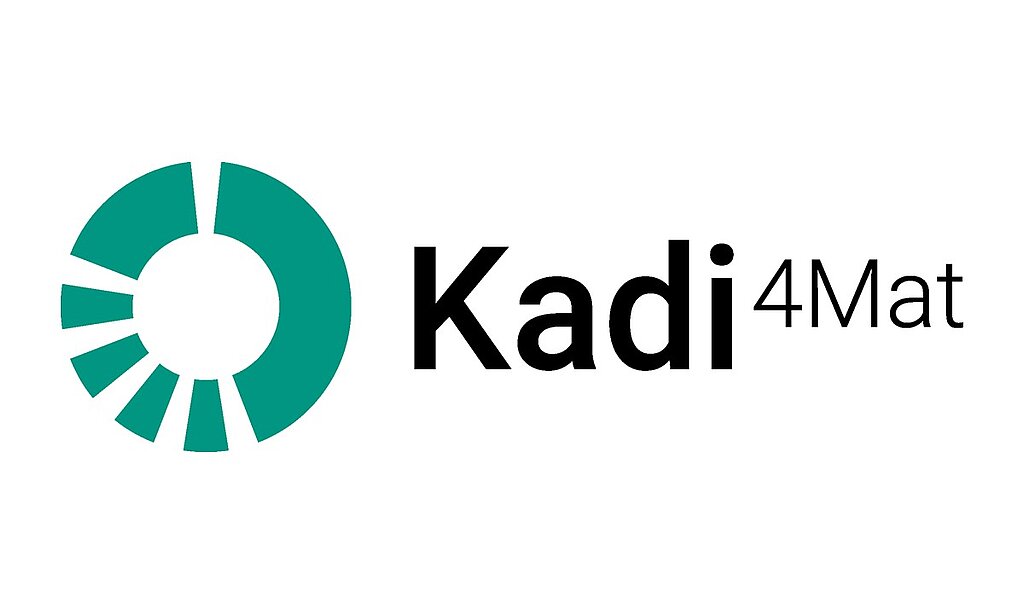Data Management

 Markus Breig
Markus Breig
Overview
The responsible management of digital research data is increasingly recognized as crucial for advancing scientific endeavors. Effectively managing, storing, exchanging, and ensuring accessibility of vast amounts of data, along with accompanying metadata and ontologies, presents significant challenges. Within the Cluster, initiatives led by the Research Data Handling Officers aim to support researchers in adopting best practices aligned with FAIR principles (Findable, Accessible, Interoperable, Reusable). Workshops and guidelines provided by the Cluster promote digital accessibility of research data, fostering transparency and reliability in scientific research. By adhering to these principles and enhancing data management infrastructures, the Cluster not only aims to comply with guidelines for safeguarding good research practice but also seeks to unlock additional scientific value through systematic data handling and widespread data reuse across its research community.
Within POLiS, data management and robust infrastructures are integral to upholding high standards of research integrity and facilitating scientific progress. The Cluster focuses on two primary objectives in Research Data Management (RDM): first, to exemplify adherence to RDM-specific guidelines outlined in the DFG Guidelines for Safeguarding Good Research Practice, providing practical guidance across various sections to ensure compliance. Second, POLiS acknowledges the substantial scientific value derived from systematic data management and promotes the open availability of research data within the Cluster whenever feasible. To support these goals, POLiS actively contributes to the development of the Karlsruhe Data Infrastructure for Materials Science (Kadi4Mat) and operates a dedicated Kadi instance. Researchers can access the instance through both a user-friendly web interface and a more advanced programmatic interface, promoting automated data processing capabilities.
Overview RDM with the Kadi Ecosystem
In the evolving landscape of research data management (RDM), Kadi4Mat and the broader Kadi ecosystem offer innovative solutions that align with the principles of findability, accessibility, interoperability, and reproducibility (FAIR). These systems are designed to streamline the handling of research data across diverse disciplines, with a particular focus on material sciences and engineering.
The Kadi ecosystem is a comprehensive and adaptable infrastructure designed to support the entire research data management (RDM) lifecycle. At its core is KadiWeb (Kadi4Mat), which integrates an electronic lab notebook (ELN), a robust repository, and an interface to advanced data analysis tools. The POLiS instance of Kadi4Mat can be found here. KadiWeb provides a user-friendly web interface for accessing and managing data, while KadiFS offers seamless file system integration for easy data handling. KadiStudio represents a workflow engine or ELN 2.0, facilitating the creation, execution, and automation of digital workflows. These workflows can use KadiAI, which incorporates machine learning (ML) and artificial intelligence (AI) to enhance data analysis and decision-making. The ecosystem’s interoperability is reinforced through open APIs, allowing for integration with external tools and services. Together, these components create a versatile and user-friendly platform that caters to the diverse and dynamic needs of researchers across various disciplines, promoting efficient data management, reproducibility, and innovation.

Events

Kadi4Mat Community Meeting 2025
We are delighted to invite you to the Kadi4Mat Community Meeting 2025! This event offers the perfect opportunity to connect with other community members, learn about the latest developments around…

Workshop "From introduction to advanced research data management"
We would like to invite you to a workshop on Research Data Management with the title "From introduction to advanced research data management" taking place on 28th and 29th January 2025 in Karlsruhe.

Workshop "From introduction to advanced research data management"
We would like to invite you to a workshop on Research Data Management with the title "From introduction to advanced research data management" taking place in June in Karlsruhe.
